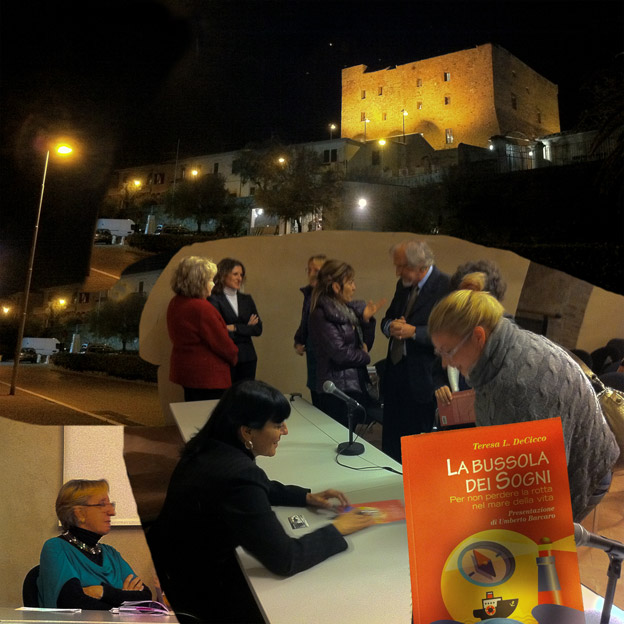One of the most confusing and curious elements of the dreaming mind is that dreams appear to be precognitive at time. That is, that someone will have a dream that then manifests itself in waking day at some point in the future. Can this really be happening?
One explanation for this is that the dreamer has the images in a dream and then tries to match them with events in waking day. Therefore, it appears that they have had the dreams before the event but they have not. Research has shown that people can be brought into a sleep lab and can then dream about a very specific event that they could not possibly have known about or tried to create. Also, when someone has a truly precognitive dream the details of the dream to the waking day are so specific that the dreamer could not possibly create that. For example, a dreamer has an image of a squirrel with no tail running in front of his path as a group of women in red hats walk by. The next day this event occurs in waking day (the red hat society are going to lunch at a local restaurant). The possibility of that even occurring is quite rare.
People have always reported precognitive dream images and research is now trying to unravel that mystery. A recent study (Smith, unpublished data) has shown that approximately 10% of dream images appear to be precognitive. Often they are of everyday events such as a friend calling out of the blue or a parcel showing up. None the less, people continue to report on these dreams and research continues to try and understand them.
Perhaps these are more common and typical then once thought but more research is required to shed light on this phenomena.
Monday, August 31, 2009
Subscribe to:
Post Comments (Atom)




Una cosa che mi ha sempre incuriosito del grande capitolo dei sogni premonitori (che è molto affascinante e misterioso e mi fa molto
ReplyDeletepiacere che la ricerca se ne occupi ) è una cosa che ho notato nel lavoro clinico :
questa sensibilità , facoltà …o come vogliamo chiamarla , sembra più sviluppata nelle persone che hanno disturbi psichici , o comunque conflitti psichici .
Le persone sembrano perdere , un po’ o del tutto , tale sensibilità quando questi disturbi sono , del tutto o in parte , superati.
Seeing precognitive dreams in clinical practice has always been recorded and most often ignored. People didn't understand them and science could not explain them.
ReplyDeleteOne interesting phenomena is that patients or clients will often have precognitive dreams about their clinician. Though clinicians have often written about this (how could a patient have a dream about the clinician's life when they could not possibly know this information?) there are no scientific explanations for it. Another common report is that patiens/clients report having precognitive dreams and feel confused about them. Clinicans are then just lost for words.
A very interesting scientific paper by Dr. Christian Hallman provides some explanation in:
A Multidimentional Model of the dreaming of consciousness in Subtle Energies & Energy Medicine • Volume 18 • Number 2 • Page 75.
Here we see scientific models and applications beginning to propose theory and possible experimental design that will examine the phenomena that have been written about from the earliest of time. I believe the time has come to put these experiences to the test...